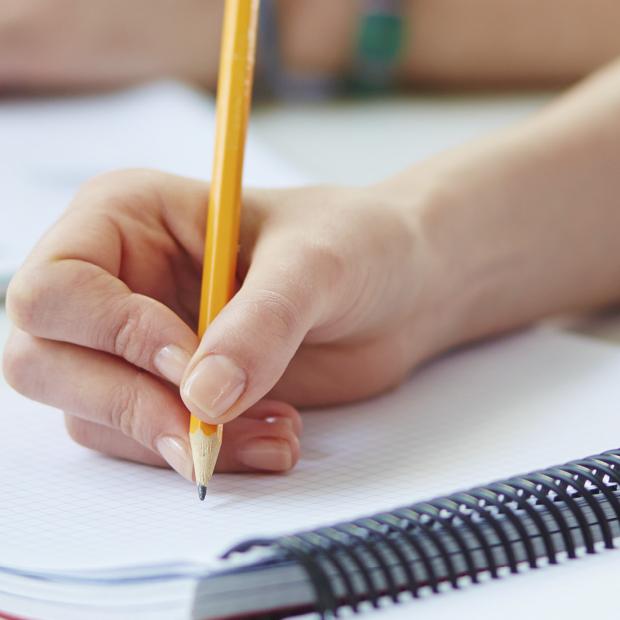Summer School Courses in Educational Sciences in July 2019
We are delighted to welcome everyone to Tallinn Summer School where the School of Educational Sciences will be conducting five courses in July 2019. The courses vary from robotics to curriculum theory to educational innovation – let´s find out more!

Educational Innovation – Getting Ready for the Future
This course is the perfect introduction to Tallinn University the School of Educational Sciences International Master’s program “Educational Innovation and Leadership” as it touches various topics and themes to be further explored during the study program’s 2 years. If you have been thinking about joining the Master’s program, then this is the perfect way to get to know the staff, content and atmosphere of your potential next study years. Estonia has managed to transform its education in 25 years from the regular Soviet schooling to one of the world's best – look at the results of PISA 2015! How did this transformation happen, what does it mean? And how can other countries learn and benefit from this experience? This course aims to create opportunities to critically analyze contemporary educational reforms on individual, organisational and system level taking into consideration the context of local educational policy and socio-cultural realities in order to promote knowledge creation and educational innovation.
Curriculum – Past Trajectories and Future Trends
Tero Autio, one of the teachers in this course, has served as full professor of curriculum studies and teacher education at the University of Tampere, Finland, and invited professor of curriculum theory at Tallinn University, Estonia. He is an internationally recognized name in the field of curriculum studies whose work has led him all round the world and he is, undoubtedly, a top expert in the field. Dr Maria Erss, who is the other teacher in the course, was supervised by professor Tero Autio for her PhD thesis. From their long-standing cooperation emerges a formidable team with knowledge and experience, both with an extensive international perspective, participants of the course could learn a lot from. If you want to know what is behind the oftentimes vague or mysterious concept of “curriculum” from experts in the field, then this course is most definitely necessary to join.
Creating a Passion for Learning – Pathway to Future Superstars
Whether in primary classes or adult education, one question has always puzzled teachers, curricula designers and policy makers: how to guarantee learner motivation? The goal of the course “Creating a Passion for Learning – Pathway to Future Superstars” is to provide teachers, the key shapers of future superstars, with a deeper knowledge of the self-determination theory and growth mindset, and how their implementation fosters student learning and motivation. The course is taught by our very own superstars: young, bright and aspiring teachers-researchers Kadi Georg, Merlin Linde and Triin Ulla. Together, this powerhouse trio combines their extensive knowledge in the fields of teacher education, psychology, educational innovation and inclusive learning to provide the participants with deep understanding and necessary skills to create the superstars our society needs.
Educational Robotics in Preschool and Primary Education / Designing Robot Supported Lessons for Schools of General Education
Who better to introduce the robotics courses than the lead teacher and robotics guru Janika Leoste? In her words: “Can you imagine a lesson where students, instead of listening to your explanations are completely engaged in learning and excitedly report everything they do? A lesson where students, working as teams, are busy teaching their small companions, educational robots and actively learning from this? This is exactly the way learning happens in a classroom where teachers use the robot-supported teaching method. In the whole world teachers are looking for new ways of making learning more meaningful and fun for children. Using educational robots is one of the methods for that. There are several reasons for bringing educational robots into classroom but the most important of these is the fact that using robots increases students’ self-motivation to learn. An educational robot makes learning fun, playful and full of creativity for student. Using a robot in a classroom is pure experimenting in its nature, providing instant feedback about student’s solution, visualizing possible mistakes without penalty, encouraging student to test different solutions and succeed. For teacher, bringing robot into classroom is a good opportunity of making learning more creative, independent, collaborative and meaningful for students, and thus, paradoxically, support students to grow as human beings.”
Read more about the courses and register here!


